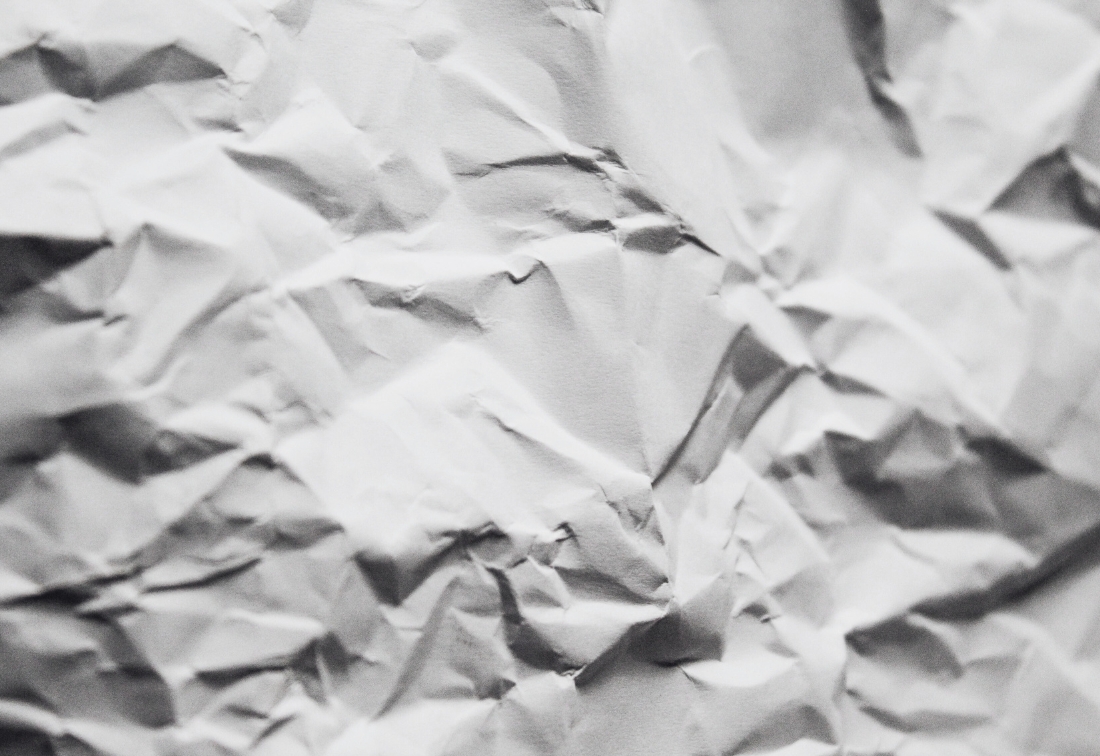AI Cover Artwork – A Musician’s Guide
Cover artwork plays a crucial role in capturing the attention of potential listeners and conveying the artistic vision of musicians. With advancements in artificial intelligence (AI), you can now leverage this technology to create unique and eye-catching cover artwork for your music releases. Here’s a short guide on creating AI cover artwork for musicians:
Before diving into AI-generated artwork, it’s important to have a clear vision of what you want your cover art to represent. Consider the mood, style, and themes of your music. Write down keywords or visual references that align with your vision, as they will be helpful during the AI creation process.
There are several AI platforms and tools available that specialize in generating artwork. Research and explore different platforms to find the one that suits your needs and artistic style. Some popular platforms include DeepArt, Runway ML, and DeepDreamGenerator. Each platform has its own set of features, so experiment with a few to find the best fit.
Once you’ve selected an AI platform, upload or input your initial image or concept. This could be a photograph, a sketch, or even a combination of various images. Experiment with different settings and styles offered by the platform to generate a range of initial AI cover artwork.
AI-generated artwork often needs some fine-tuning and customization to align with your specific vision. Use the tools and options provided by the platform to adjust colours, textures, shapes, and other elements. Iterate and experiment until you achieve a result that resonates with your music and artistic style.
Consider the typography for your cover art, as it plays a vital role in conveying information about your music. You can either generate AI-based typography or incorporate it manually after generating the base artwork. Experiment with different fonts, sizes, and placements to find the perfect balance between readability and aesthetics.
Seek feedback from trusted friends, fellow musicians, or your target audience to gather opinions on your AI-generated cover art. Take their feedback into account and iterate on your design if necessary. Remember, the goal is to create a cover that resonates with your audience and effectively represents your music.
Once you are satisfied with the AI-generated cover artwork, export it in high-resolution and suitable formats for different platforms and distribution channels. Ensure that the artwork meets the specific size and format requirements of streaming services, physical media, and social media platforms.
Ensure that the AI-generated artwork you use complies with copyright laws. Be mindful of the source material you input into the AI platform and obtain necessary permissions if required. If you plan to use the artwork for commercial purposes, consult with a legal professional to understand any potential copyright implications.
Remember, AI-generated artwork can be a valuable tool in creating visually compelling cover art, but it should be used as a creative tool in collaboration with your artistic vision. Don’t be afraid to experiment, iterate, and combine AI-generated elements with your own artistic touch to create a truly unique and captivating cover for your music releases.
Image credit: Jason Kuznicki



